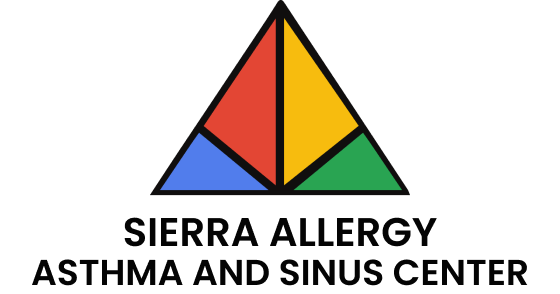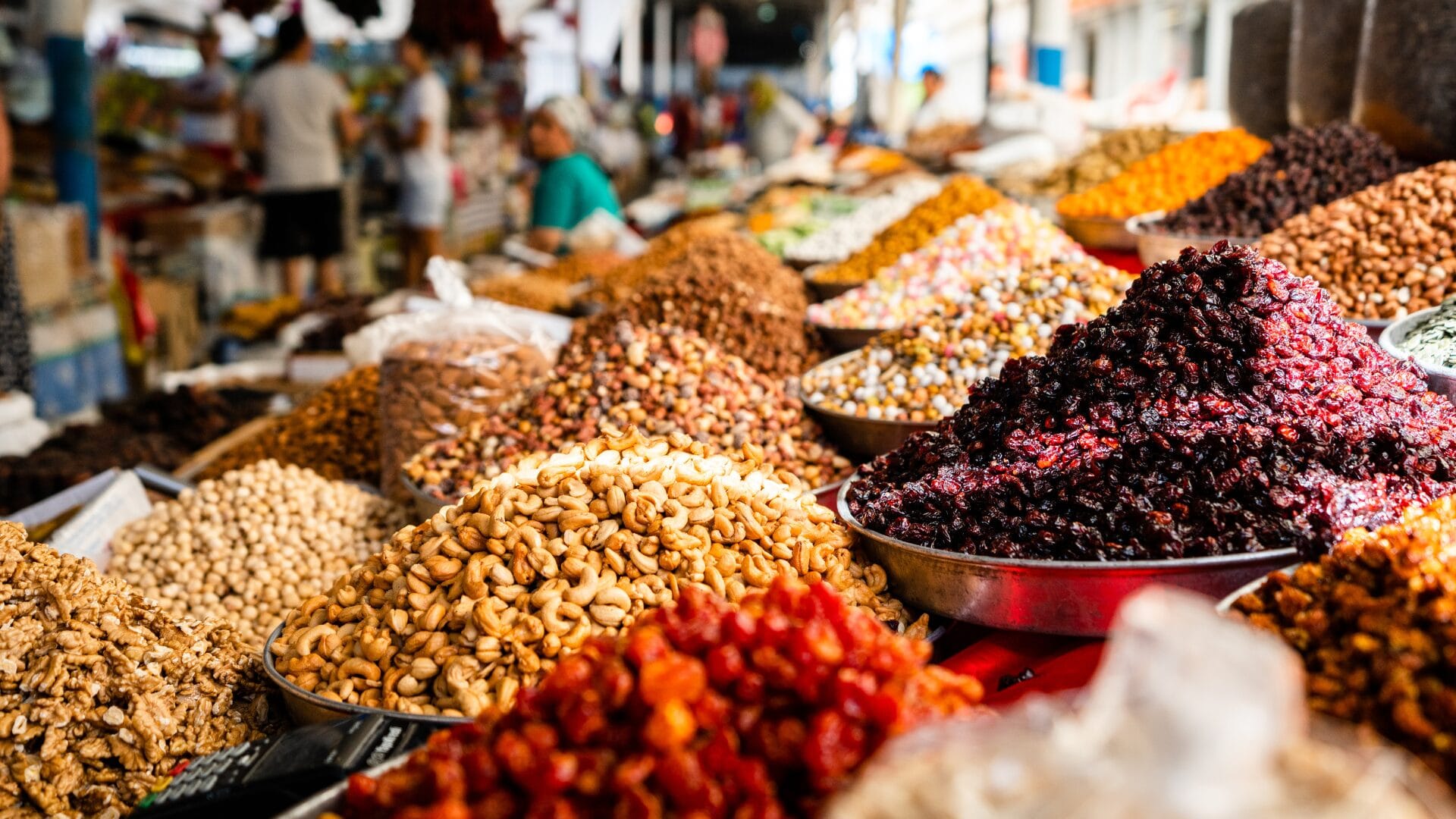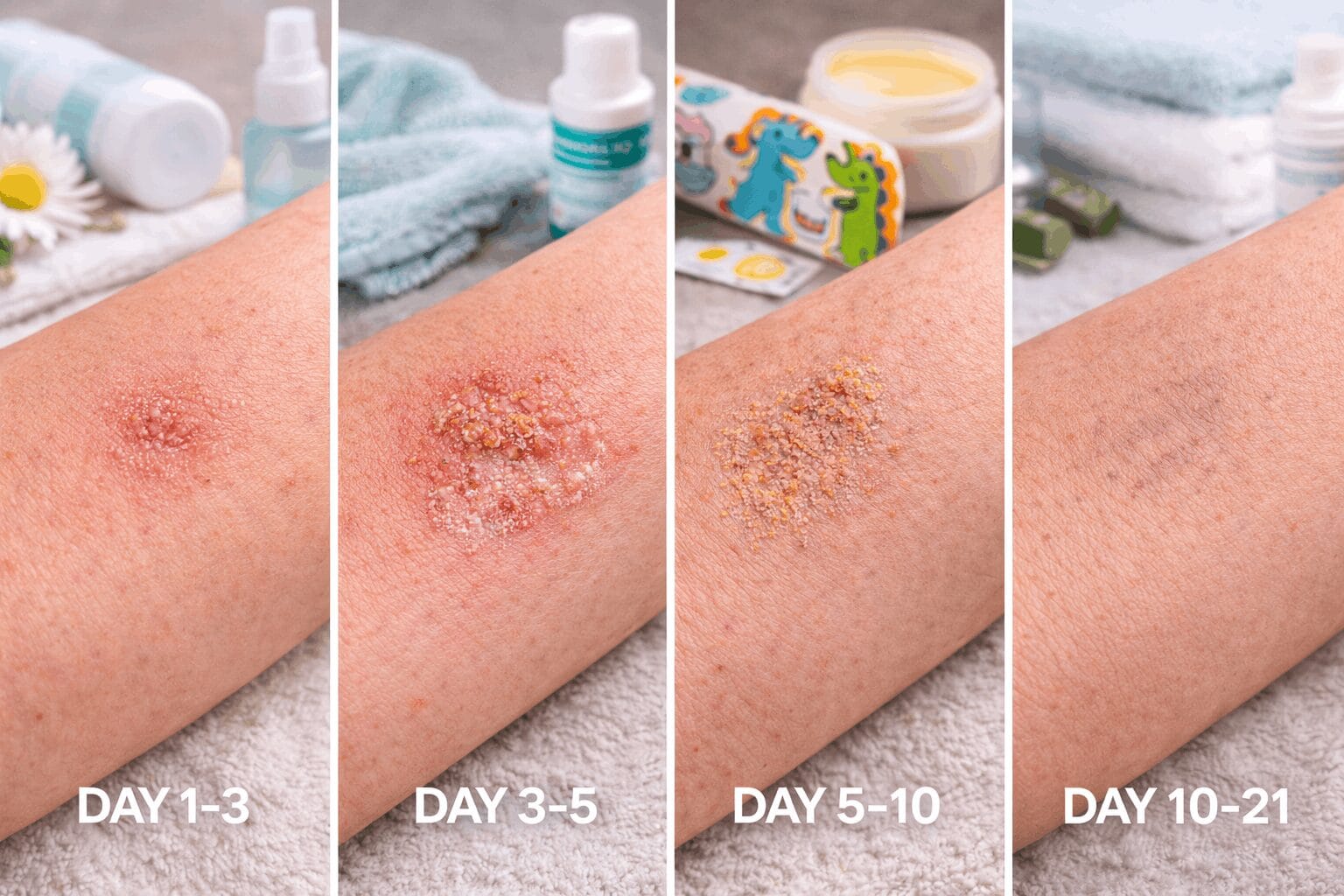Asthma is a condition that makes it harder for you to breathe because your airways become inflamed and narrow. While medication and doctor’s guidance are the most important parts of managing asthma, what you eat also plays a big role. Some foods can make asthma symptoms worse, trigger attacks, or add to breathing difficulties. Knowing which foods to avoid can make you feel more in control of your health and give you fewer “bad breathing days.” If you’ve ever wondered what should I avoid if I have asthma or which are the worst foods for asthma, this simple guide highlights the foods to avoid with asthma and how small diet changes can make breathing easier.
In this guide, we’ll explore the worst foods for asthma, the connection between asthma and diet management, and simple diet tips for asthma sufferers so you can enjoy meals without worrying about triggers. Your asthma diet plays a key role in reducing inflammation, improving immunity, and limiting foods that trigger asthma so you can enjoy everyday meals with fewer flare-ups.
Why food matters in asthma management
Understanding foods bad for asthma is one of the easiest ways to gain control over symptoms. By learning which asthma foods to avoid, you can make choices that support long-term relief.
When it comes to asthma, every little trigger counts. Dust, pollen, smoke, and even stress are well-known triggers. But food is often overlooked. Certain foods can cause inflammation, produce excess mucus, or lead to allergic reactions, all of which make asthma symptoms worse.
This doesn’t mean you need to follow extreme asthma diet restrictions. It’s more about awareness and balance. By learning about common food triggers for asthma, you can avoid unnecessary flare-ups and keep your lungs happier.
1. Dairy products and asthma
Among all dietary triggers, dairy products are often listed as the worst foods for asthma, especially for people sensitive to mucus build-up. Dairy is often linked with asthma symptoms, although it doesn’t affect everyone the same way. Milk, cheese, butter, and yogurt can sometimes increase mucus production in the throat and lungs. For asthma sufferers, this extra mucus may feel like blocked airways, making breathing harder.
If you notice that after drinking milk or eating cheese you start coughing or feel tightness in your chest, it may be wise to limit dairy. Instead, try alternatives like almond milk, oat milk, or soy products, which are less likely to cause mucus buildup.
2. Processed foods and asthma
Processed foods are often packed with preservatives, salt, and unhealthy fats. These can lead to inflammation in the body, which may worsen asthma symptoms. Items like packaged chips, frozen fast food, or sugary snacks not only harm overall health but also can trigger asthma attacks in some people.
High levels of salt in particular are harmful. Studies show too much salt can increase airway sensitivity, making the lungs more reactive to allergens. Switching to fresh, whole foods such as fruits, vegetables, lean proteins, and whole grains helps reduce inflammation and supports better lung function.
3. Foods high in sulfites
Sulfites are preservatives found in many packaged and restaurant foods. They are especially common in dried fruits (like raisins, apricots, and prunes), wine, pickles, shrimp, and bottled lemon or lime juice.
For people with asthma, sulfites can trigger severe breathing problems. They may cause wheezing, coughing, or even a sudden asthma attack. If you notice your symptoms flare up after eating dried fruits or drinking wine, sulfites may be the culprit. Always check labels and choose fresh alternatives when possible.
4. Fried and fatty foods
Greasy meals such as fried chicken, burgers, and french fries can make you feel heavy and bloated. For asthma sufferers, they can also increase inflammation in the lungs. These foods are high in unhealthy fats that cause the body to produce inflammatory chemicals, which may tighten your airways.
Replacing fried items with baked, grilled, or steamed foods is a smart choice. Healthy fats from fish, nuts, and olive oil are far better for keeping inflammation under control.
5. Salty snacks and excess sodium
Salt is another hidden trigger in the asthma diet restrictions list. High sodium intake can worsen asthma by making your airways more sensitive. Common culprits include instant noodles, canned soups, salted nuts, chips, and fast food meals.
Diet tips for asthma sufferers usually recommend cutting back on salt. Start by using herbs and spices instead of salt for flavor, and opt for low-sodium alternatives when shopping. Your lungs (and your heart) will thank you.
6. Gas-producing foods
Some foods, while healthy, can create extra gas in the stomach, which pushes upward and makes breathing more difficult. Common examples are beans, lentils, cabbage, broccoli, and carbonated drinks.
These foods aren’t “bad” for everyone, but if you already have asthma, feeling bloated may add extra pressure to your chest and lungs, making it harder to breathe comfortably. You don’t have to avoid them completely but consider eating smaller portions.
7. Food allergies and hidden triggers
Some people with asthma also have food allergies, which makes avoiding certain foods even more important. Common allergy-related triggers include peanuts, shellfish, eggs, and soy. For some, these can cause life-threatening reactions that make asthma much worse.
If you suspect food allergies play a role in your breathing issues, speak with your doctor about allergy testing. This will help you build a personalized asthma trigger foods list to follow.
Smart swaps for a healthier asthma-friendly diet
- Instead of dairy milk → try oat milk or almond milk
- Instead of fried foods → go for grilled chicken or baked fish
- Instead of salty snacks → snack on fresh fruits or unsalted nuts
- Instead of dried fruit with sulfites → choose fresh fruit like apples or pears
- Instead of processed meals → cook simple dishes at home with whole ingredients
These swaps not only reduce triggers but also give your body nutrients that strengthen the immune system and keep inflammation under control.
Best foods for asthma and what to include in your asthma diet
Just as there are foods that trigger asthma, there are also foods that help calm it. A balanced diet for asthma supports lung health, reduces inflammation, and strengthens your immune system.
Fruits and vegetables: Rich in antioxidants and vitamins, they protect your airways. Apples, spinach, berries, and citrus fruits are among the best foods for asthma.
Omega-3 rich foods: Salmon, flaxseeds, and walnuts are foods to help asthma by reducing inflammation in the lungs.
Vitamin D sources: Eggs, mushrooms, and fortified milk alternatives can help lower the risk of asthma attacks.
Magnesium-rich foods: Bananas, avocados, and leafy greens relax your airway muscles and help with breathing.
If you experience coughing fits, try including foods that help asthma cough, such as warm soups and herbal teas that soothe your airways.
Overall, these are some of the foods for asthma relief that work alongside medical treatment. Knowing which food is good for asthmatic patient helps you plan better meals and feel more in control. In short, foods to help with asthma are those that fight inflammation, improve immunity, and support lung health.
Final thoughts on asthma and diet
Food alone won’t cure asthma, but diet plays a powerful role in how you feel day to day. By avoiding the worst foods for asthma such as dairy, processed snacks, sulfite-heavy items, and fried foods, you lower your risk of flare-ups and breathe more freely.
Managing asthma is about small, consistent choices. Pay attention to your body, keep a diary of foods that worsen breathing problems, and discuss your diet with your doctor. With awareness and care, you can enjoy meals and keep your lungs healthier.
FAQs
Frequently Asked Questions
What foods should asthma patients avoid?
Asthma patients should avoid dairy products, fried and fatty foods, processed foods high in salt, and items with sulfites like dried fruits and wine. These foods can worsen inflammation and trigger breathing problems.
Is dairy bad for asthma?
For some people, dairy products like milk and cheese can increase mucus production, which makes asthma symptoms feel worse. If you notice breathing issues after dairy, consider switching to plant-based alternatives.
Can processed foods make asthma worse?
Yes, processed foods often contain preservatives, excess salt, and unhealthy fats that may increase airway inflammation and sensitivity, making asthma harder to manage.
What drinks are bad for asthma?
Carbonated drinks and alcoholic beverages with sulfites (like wine and beer) can trigger asthma symptoms in some people. It’s best to limit them and choose water or fresh juices instead.
Are there any healthy foods that can trigger asthma?
Yes, some healthy foods such as beans, cabbage, and broccoli can cause bloating, which may put pressure on the chest and make breathing uncomfortable. It depends on the individual.





